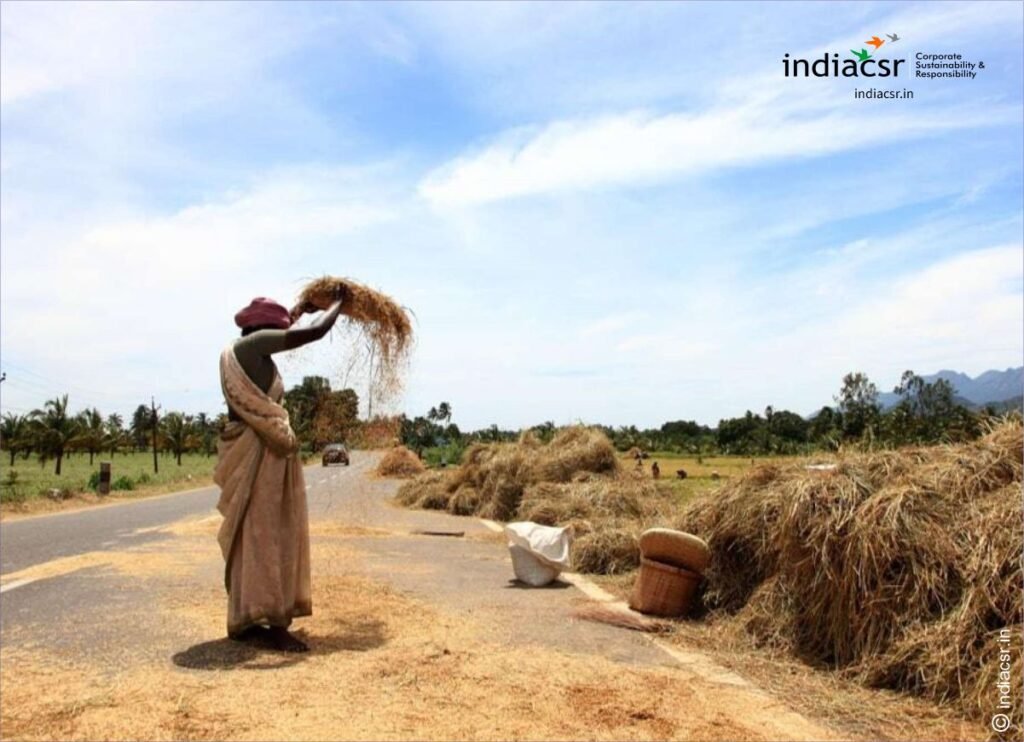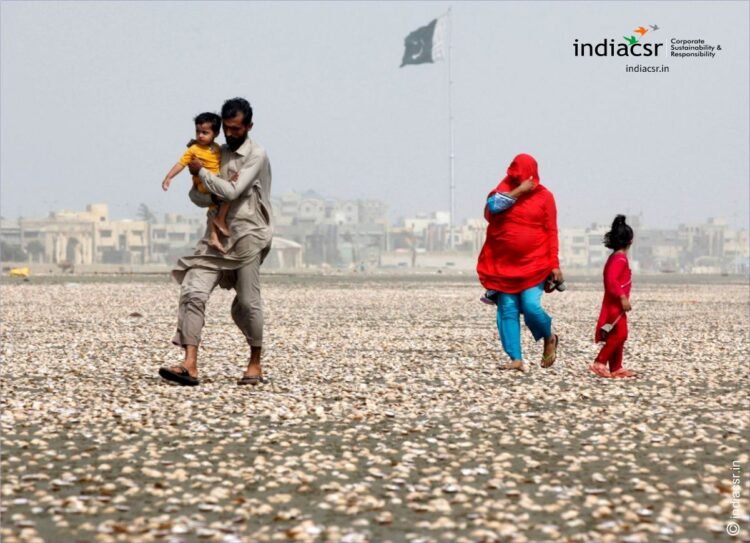Equitable Urbanism can help to address the climate crisis by ensuring that all communities have access to the resources and infrastructure they need to adapt to the impacts of climate change.
Equitable Urbanism is a planning approach that seeks to create more just and sustainable cities for all people, regardless of their income or social status.
By Vandana Padmanabhan
In this enlightening exploration of equitable urbanism, we delve into the importance of inclusive planning for the betterment of urban poor communities, underlining how it paves the way towards achieving climate resilience. Recognizing the heightened vulnerability of these communities to climate change, we bring to light the urgent need for their integration into city-level decision-making processes, thus fostering social justice and sustainable urban development.
Unexpected Impacts
May is the warmest month in most cities in the northern hemisphere. However, this year, in the first week of May in New Delhi and some other parts of North India felt it like the first week of November. It was pleasantly cool and rainy with maximum temperatures below 30OC. This is not an isolated occurrence, as the consequences of climate change are being felt in countries across the globe. In the AR-6 report published by the United Nations addressing the various issues of climate change, an increase in hot extremes has been observed with a rise in sea levels, and an increase in heavy precipitation following right behind.
The Vulnerability of Urban Poor
The impact of climate change is severe for human society but for the most vulnerable populations, such as the urban poor, it is particularly threatening. The urban poor are individuals who live in cities or urban areas with limited access to basic services, including healthcare, sanitation, and education. In most cases, their space of habitation is considered temporary or semi-permanent at best. Climate change events affect their health, well-being and livelihoods in many ways.

Extreme Weather and Marginalized Populations
Physical manifestations of climate change are becoming frequent events in various parts of the world through extreme weather events such as floods, heatwaves, hurricanes, etc. The population living on the margins without a strong and resilient living space is affected the most due to water logging, damage to the roof and the structure of their shacks. The health consequences of these are catastrophic, leading to exposure to various diseases affecting their health and well-being and indirectly affecting their opportunities for a decent and safe livelihood.
Air Quality and Health Challenges
Extreme weather events such as heatwaves causes heat stress, dehydration and other health problems. Poor air quality, exacerbated by climate change, leads to respiratory illnesses which are widely prevalent in an urban setup. The cities tend to overlook populations on the margins and, since a large percentage of the urban poor also consists of a migrant population, they are not eligible for affordable city-level medical care.
The Impact on Food Security
Climate change disrupts agricultural production, particularly in developing countries. This has been leading to a food shortage, an increase in prices and a reduction in access to nutritious foods for the urban poor. In urban areas, marginalized communities rely on informal food markets, where lower quality food is sold at unusual premiums. This limits access to healthy and affordable food, resulting in a compromise of nutrition, deficiencies and illnesses.
Urban Poor and City Planning
Climate change is often felt most acutely by those who are already vulnerable due to poverty, discrimination, or marginalisation. City-level planning and housing models in urban areas rarely consider the needs of the most vulnerable populations. In order to foster the development of sustainable and equitable cities, prioritizing the participation and inclusion of the urban poor is of utmost importance.
Also Read: The Need To Take Climate Change Seriously – India CSR
Marginalized Communities
By including the voices of the very population that keeps most cities running in city-level decision-making processes, specific needs and challenges can be addressed. Such an approach will ensure social justice where it is needed the most and enhance the overall well-being and liveability of the cities. The urban poor should be recognised as a vital stakeholder to foster a sense of ownership and empower marginalised communities.
Approach to Address Climate Change
A multi-faceted approach is required to address the impact of climate change on the urban poor, one which addresses the root causes of poverty and vulnerability, improves access to essential services and infrastructure, and builds resilience to the effects of climate change. Such an approach would also enable the formulation of policies and initiatives.

About the Writer
Vandana Padmanabhan is a Lead – Materials and Technology at Community Design Agency
Views are personal.
Copy Right @ India CSR Network























